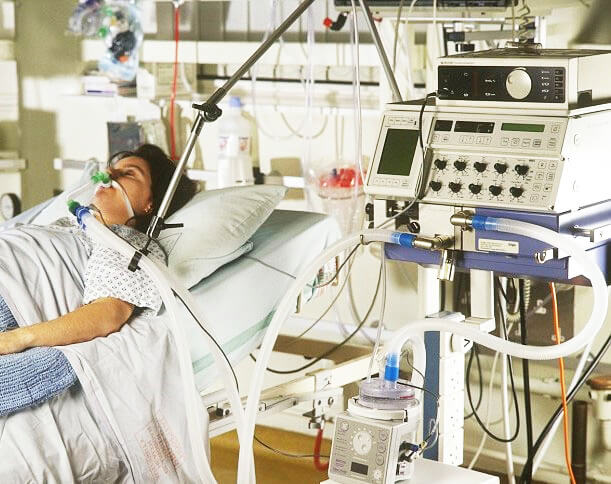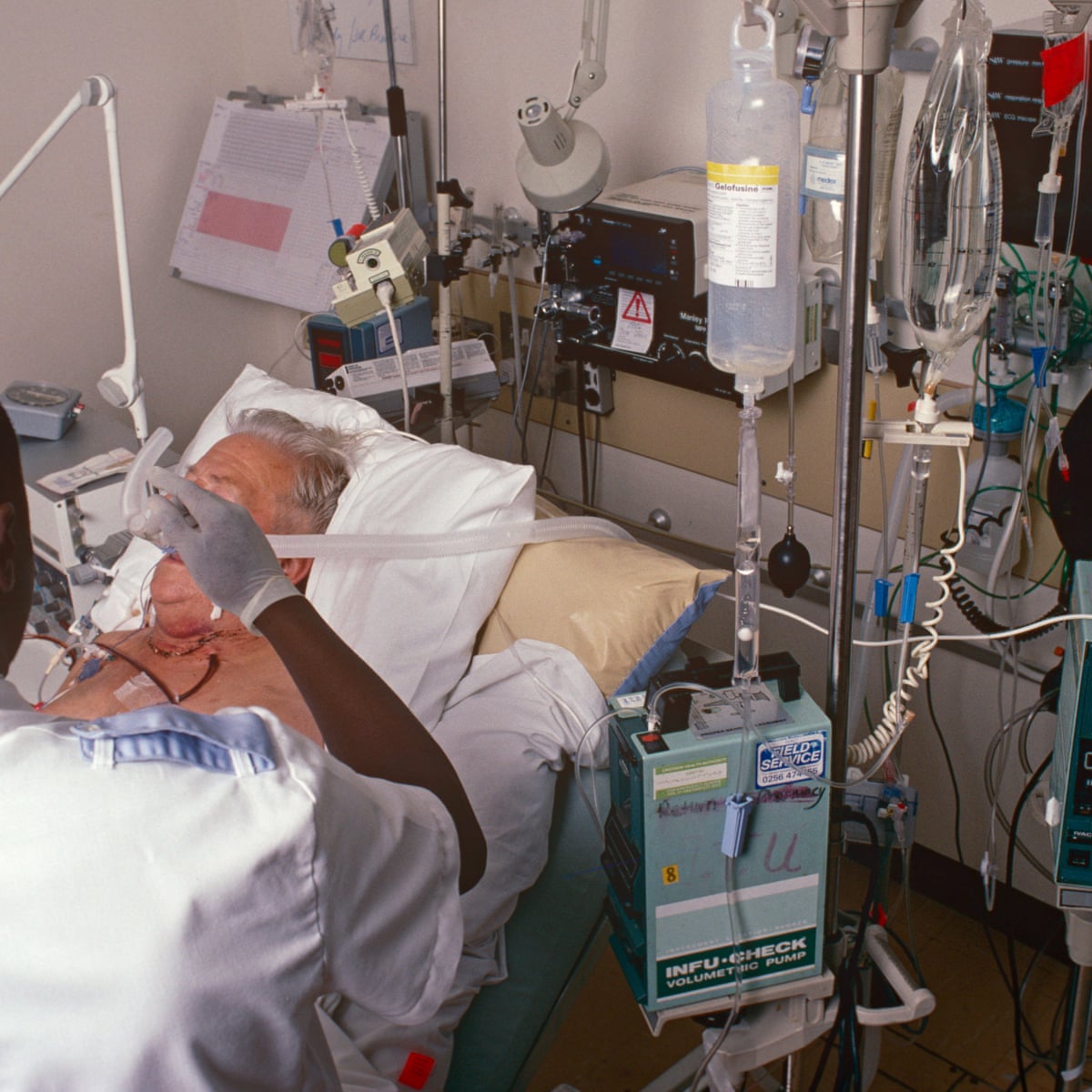Identifying, Rehabilitating ICU COVID Patients at Risk of Self-Harm or Suicide
"The reason this has gotten so much attention is that for a lot of us it is a picture of the patient we are seeing through this third wave of COVID-19.""These tend to be patients from relatively lower socio-economic status, who are essential workers who aren't afforded sick time off.""When you now look at the profile of the patient in the ICU, these findings, I think, have really important implications for the patients that we are caring for even today."'Unfortunately, we know this experience can be traumatic for patients and will define someone's health for a long time.""While intuitively all these factors could lead to increased risks of self-harm and suicide we didn't have clear data until now."Shannon Fernando, critical care fellow, The Ottawa Hospital, University of Ottawa"This is a timely study that shows care should not end when patients leave the hospital, and should address both physical and mental-health needs.""It shines a light on the importance of being aware which patients are at highest risk [and the need for screening]."Dr. Peter Tanuseputro co-senior author, physician-scientist, The Ottawa Hospital"This study can help us evaluate screening criteria for at-risk patients.""Suicide is often preventable, and there are things we can do at all levels of health care to help."Dr.Kwadwo Kyeremanteng, co-senior author, scientist, critical care physician, The Ottawa Hospital
 |
| Patient in intensive care unit Science photo library |
New data contained in a study published in the British Medical Journal this week, found ICU survivors to have a 22 percent higher risk of suicide in comparison to discharged hospital patients who had not been patients in intensive care units. ICU survivors were also found to have a 15 percent higher risk of self-harming than non-ICU patients. During a pandemic situation the findings come with important implications given the record number of people ending up in intensive care.
According to lead author Dr.Shannon Fernando, the research has drawn attention given the reality of the past year-and-a-half of unprecedented numbers of COVID-19 patients having been admitted to intensive care. Some of those surviving their harrowing ordeal of the past months will become at increased risk of harming themselves and -- worst-case scenario -- committing suicide.
Those whom the research has identified as being at the highest risk are people who are younger, who have undergone invasive treatment (such as being on a ventilator) and came of lower economic status. Additionally, there are those among them with a previous history of mental illness. Many patients now occupying ICU beds in Ontario fit that profile.
Lakeridge Health, located on the east side of Toronto, has been among the hardest-hit ICUs in the province. And it is where Dr.Fernando has been deployed recently, leading him to state that he has never in his career observed anything quite like the impact of COVID-19 that he has witnessed there. Intensive care units are seeing all-time high admission rates, and the patients being placed on ventilators in extreme duress are younger than those in previous pandemic waves.
 |
| Intensive Care hotline |
The research team was comprised of health professionals from The Ottawa Hospital, the Institut du Savoir Montfort, ICES and the University of Ottawa who scrutinized health records from all 423 ICU survivors in Ontario between 2009 and 2017, matching them with non-ICU hospitalized patients with similar risk factors. The highest rates of later suicide and self-harm among ICU survivors were patients between 18 and 34 years of age; those with pre-existing diagnoses of depression anxiety or PTSD; and those who were exposed to invasive procedures such as mechanical blood filtration due to kidney failure.
Intensive care unit physicians seeing younger patients discharged think of the situation as reflecting a best possible outcome. Yet identifying patients who fit the pattern of being most at risk for self-harm and potential suicide risks is critical in ensuring ongoing care to influence outcomes positively once they leave hospital. The point is to recognize the challenges ahead for vulnerable patients once they have been discharged, and to act in their favour.
In the interests of better understanding the health-care experience of higher-risk ICU patients once they leave hospital, the research team is committed to conducting further research, including how soon, for best results, discharged patients would receive outpatient mental health care, and whether they would gain by being rehospitalized.
The experience of the ICU leaves patients with many challenges, among the 70 to 870 percent of patients who survive. The mental health of people off work and in hospital for weeks or months on end, in the process requiring intense rehabilitation to regain their former health condition is another side of the same coin.
 |
| ICU doctors facing tough decisions The Guardian |
Labels: COVID-19, Hospitalization, Intensive Care Units, Mental Health Risks, Ontario, Research

0 Comments:
Post a Comment
<< Home